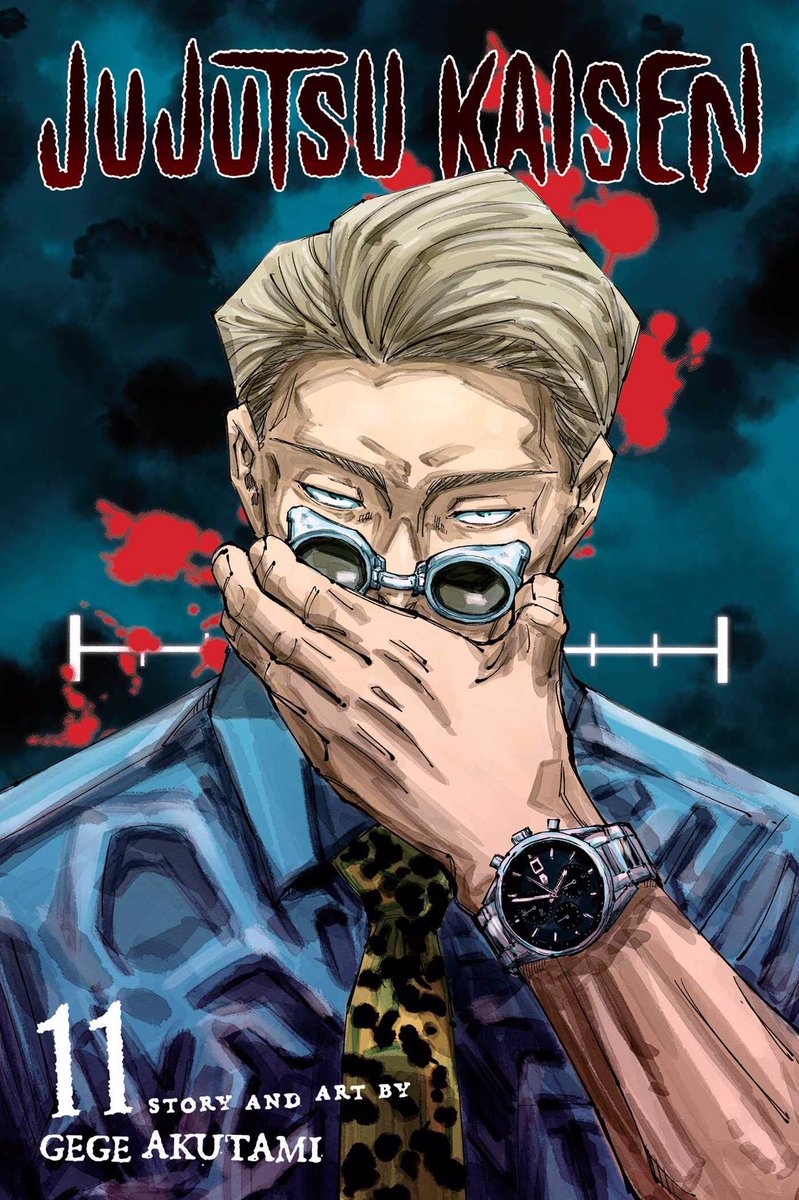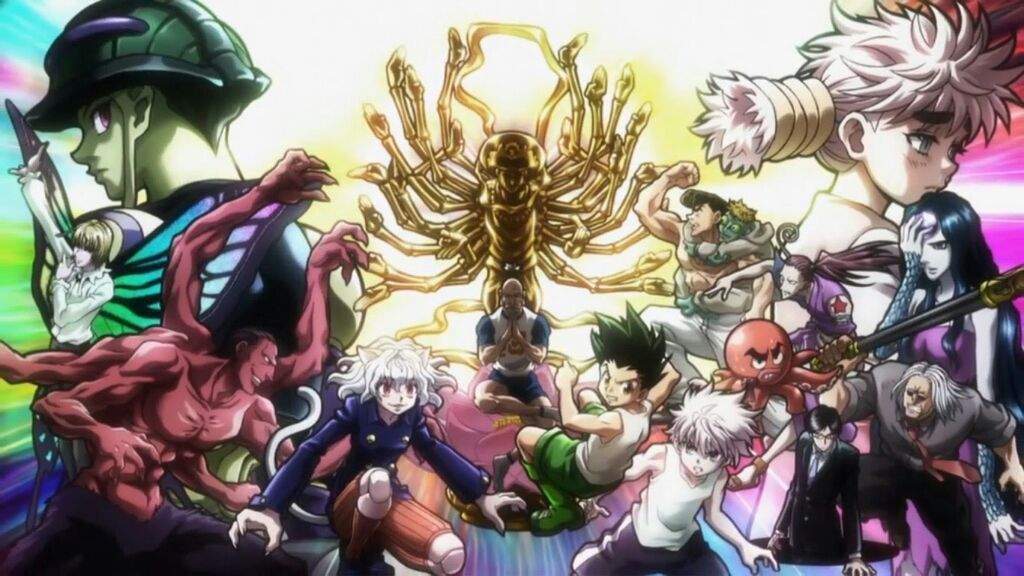A Piece Presented by T-Rod:
Gege Akutami’s hit series Jujutsu Kaisen is on a roll right now. With the manga having reached yearly sales that have eclipsed titans like One Piece and the anime’s second season setting social media on fire weekly, Jujutsu Kaisen is one of modern anime’s biggest entities.
But why though? On the surface, JJK seems to be the standard horror shonen affair: big fights, big scares, big comedy. But compared to most other series creators, Gege Akutami has employed several cursed writing techniques that have made this series stick, despite the restrictions that these techniques come with.
Join me on this writing exercise as I attempt to curse you with the brilliance of this short and impactful series!
Cursed Technique #1: One of Modern Shonen’s Best Casts
The immediate draw of any story for me is its characters, and saying Jujutsu Kaisen has a good cast is an understatement. Its cast is consistent, blending standard shonen archetypes with nuanced ideologies and theming. No other character showcases thus better than its main character. Yuji Itadori starts off as a happy go lucky physical prodigy in the story, but the story breaks down every ounce of this young man’s resolve, showing what really happens to a fish out of water in a shonen series. He’s borne out of the mold of shonen main characters like Naruto, but with Akutami’s writing we get to dive into the real depths of what it really means to be a sorcerer and to be a human struggling through trauma and guilt.
Of course, a main character is only as good as those they bounce off, and JJK’s supporting cast is equally great. Characters like Satoru Gojo, again, take what is considered a standard shonen archetype: the grand master, but dive deeply into the psychology of what it really means to be that invincible god. You see his struggles, you see what pain has led him to become what is essentially invincible…and damn near every character embodies this writing in either their fights or their interactions with others. A single conversation like that between antagonist Suguru Geto and layabout Yuki Tsukumo is impeccable at conveying information that other manga take dozens of chapters to explore. Above all, these feel like living, breathing people that have to deal with some real tragedy.
To cap off my positive thoughts on this cast, I will say that JJK is great at utilizing every single character available. It doesn’t matter if you’re weak, strong, or in between: every character has that moment that will stick with you. The upcoming Shibuya Arc guarantees that almost every fan’s favorite character will contribute in a meaningful way to the plot…including its villains. Sukuna, Mahito, Toji, Geto; they’re fantastic in their own rights because Gege grants them as much agency as the protagonists. Everyone here is off chasing their own bag, for better and for worse.
Heavenly Restriction #1: Don’t Get Too Attached to This Cast
With every strength that an author has, there must be a weakness to balance it out and alas…Gege’s use of their cast can be painful. While I’ve praised their use of an eclectic and active cast, Akutami’s writing is extremely efficient. To the point where characters can be killed off very quickly, or sidelined even quicker. As of the current manga chapters, the cast’s size has simultaneously ballooned and shrunk, with many of the characters we started off with sitting on the sidelines or completely disappearing, including Yuji himself. It can be frustrating to see/read chapters on end only to realize that your favorites are still off-screen, either servicing the plot or rolling in their grave.
Yes you read that right; Gege loves killing off and crippling your favorite characters.
For many (myself included) the early cast of JJK is what made us stick around, and while many mainstays have remained, just as many have disappeared due to the plot requiring their sacrifice for character development or events to unfold properly. If you’re one to get attached to certain characters, this series genuinely might not click after the upcoming Shibuya Arc: there’s a lot of fantastic new characters coming in afterwards, but that feeling of disappointment can be very tangible and with the speed of Gege’s writing, many character deaths can feel unceremonious to a fault.
Or maybe that lack of ceremony was the point all along? Being a sorcerer feels like deadly work, and Akutami showcases that week to week. If there’s anything about this series that sticks with me, it’s the stakes these characters face. That raw danger and emotion leaps off the screen and page, and I think by picking up this series, you may just fall in love with this cast too. Just don’t fall too in love with them.
Join us next post as we discuss the storytelling of Jujutsu Kaisen, and why its unique take on shonen pacing is a fascinating double edged sword.
Loose Thoughts:
Overall, I would say of all the series I’ve read, JJK is one of the few to have a cast wherein I didn’t dislike the way anyone was written or used in the story. I’d say my favorites (as of the manga right now) are Maki Zenin, Yuji Itadori, Nobara Kugisaki, Yuki Tsukumo, Toji Fushiguro, Hakari Kinji, Choso, Mahito, Nanami, and my GOAT Aoi Todo.

